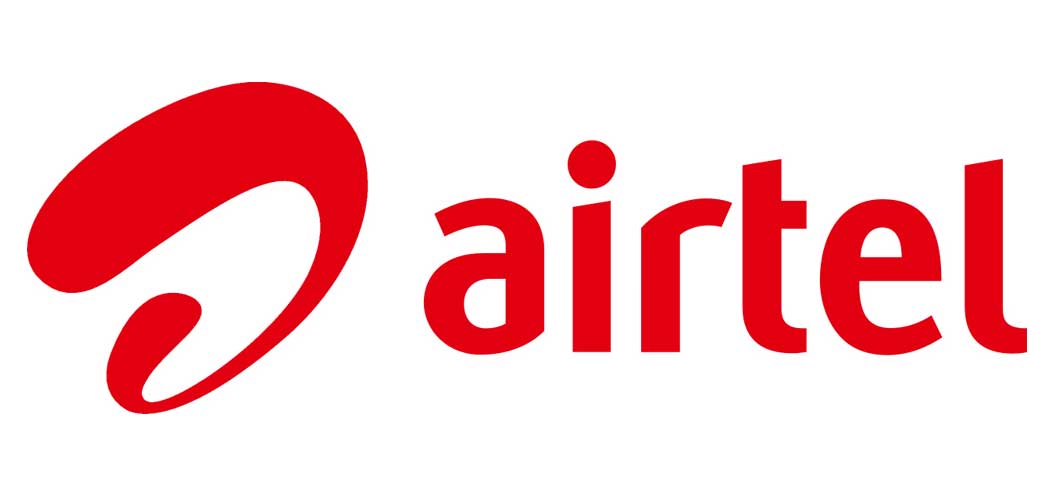


By Neville Lahiru
Around the world, networking and telecommunications are constantly evolving as providers compete to claim the top spot in offering the best, most viable and affordable product, from facilitating a seamless networking experience, to ensuring easy accessibility with affordable pricing.
But to what extent do providers stick to this commitment of really giving the best of the best, especially in the prepaid industry?
A recent topic of discussion amongst prepaid users in Sri Lanka is the strategic segregation and pricing of reloads, with the revelation of deliberately leading customers into a vicious ‘reload trap’.
A pocket-burning cycle
In a country that exceeds 29 million mobile connections and over 17 million broadband subscriptions (TRC Statistics, March 2021), mobile reloads are portrayed as offering so much more convenience to the average user, and many are convinced that they are getting the best deal out of their provider, through the plethora of data and voice bundles they can choose from.
Many local providers are offering monetary, data and other stipulated reload packages at attractive prices- but that’s all they really are, attractively priced. Looking closely at what’s going on, customers are essentially spending on average, 10-12 different prepaid packages to get access to different online applications and top-ups for voice which are available in smaller denominations (i.e. Rs.20, Rs.50, etc).
This trend of compartmentalising voice and data offerings is the prime cause for customers constantly topping up their accounts, as most customers’ purchasing behaviour is used to the current prepaid system. This trend has resulted in over three million reload cards being purchased a day, totalling a colossal 90 million a month.
Additionally, with the recent lockdowns around the country, it was clear that providers have also taken advantage by segregating their data offerings for work-from-home and online learning, another ‘best deal’ for customers to add to their monthly reload budget.
As well as the constant nag to check on their existing data and credit packages, and whether they need to get more reloads, the financial strain on customers through this pricing model is also irrefutably high to most, but instead of challenging the norms, they go with the flow in purchasing what is available to them in the current prepaid market. This clearly needs to change.
Changing the game for the better
The basic notion of utilising a prepaid connection is to control and ease the financial and mental burden of customers by allowing them to purchase only what they need, when they need it. While the proposed freedom of choice is appealing, in reality, it is far from it. What needs to be understood by most is that the facility to stay connected and consume data is no longer a privilege or luxury- it is an essential.
Seeing the ‘essential’ aspect being incorporated as well as emphasis being placed on the need to facilitate users to stay connected with a solid network coverage for an affordable price, Airtel’s ‘4G Freedom Packs’ seem to be a step in the right direction for the sustainability of consumers, and the transparency of the telecommunications industry.
Airtel’s ‘4G Freedom Packs’ are designed from the ground up to offer four single market-disrupting rates which promise to cover the data, voice and SMS needs for an entire month, as per the user’s requirement.
With most of Sri Lanka’s prepaid customers who are used to the pre-existing reload offerings being unfamiliar with Airtel’s ‘4G Freedom Packs’, the perks of activating such a package far outweigh the concerns- if any. This refined product, while refreshing the prepaid industry, essentially cuts 10-12 recharges for one simple recharge which is valid for a whole month.
Customers can witness significant savings and a worry-free experience as well, with the elimination of the need for frequent and cumbersome reloads. For example, the Rs.999 Freedom Pack, which is the largest package, offers customers 60GB of anytime data, which is divided among a 2GB/day quota to ensure that customers will have a substantial amount of daily data for the entire validity of the package. Around the same price point, other providers offer only a fraction of the data and voice offerings, sometimes with a totally separate package which has to be purchased for talk time.
Airtel to Airtel calls are also unlimited throughout the validity of these packages and free minutes are allocated for Airtel to other networks, and if these minutes run out, customers will only be charged 50 cents per minute, the lowest rate in the industry, accounting only for the interconnect fee when connecting to another network.
Senior management at Airtel have also pro-actively expressed their interest to make the ‘voice’ call facility free-of-charge, with the idea that the basic need to stay connected through voice calls is essential for all people and it’s not something that they should be charged for. It’s an encouraging sight to see a telecom giant address this facility, with hopes of a definitive advantage to the end-consumer.
What more can we expect?
With the penetration of a newly structured and practically bundled package by Airtel to the local prepaid industry, we’re likely to see other providers follow suit eventually. Often, the influence of a never-before-experienced product in the telecom industry is felt by other providers who will compete to deliver a product with similar or better value. Thus, offering a customer-centric edge in telecommunication advancements.
The point is, it’s important that customers take a closer look at the services they pay for instead of taking it all at face value. Are you paying more for less data? Are there any speed or capacity limitations? Is your internet coverage even worth it? These are all questions worth asking before subscribing to any service.